Mother and nursery owner reveals what life is like as an Indian woman living in Preston and why the saree, or sari, is important to her
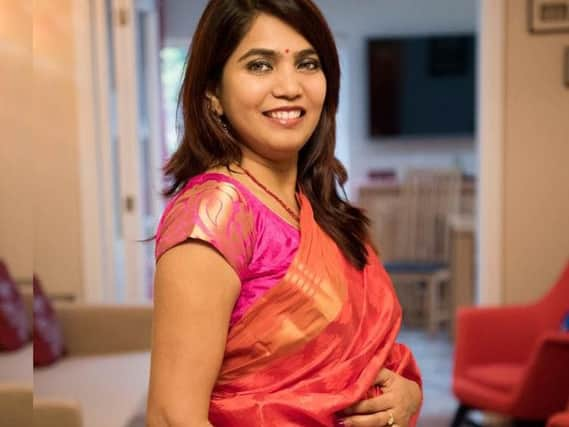

Barkha grew up in Jharkhand, Eastern India and from an early age, she was shown the beauty of the traditional Indian dress and took part in the many cultural and religious festivals.
Keen to support women, she worked for a women’s empowerment project by World Bank in Jharkhand, supporting adolescent girls and young women through life and education.
Advertisement
Hide AdAdvertisement
Hide AdThe 44-year-old moved to Preston 11 years ago with her then two-year-old daughter when her husband, Arun Kumar, got a job at BAE Systems.
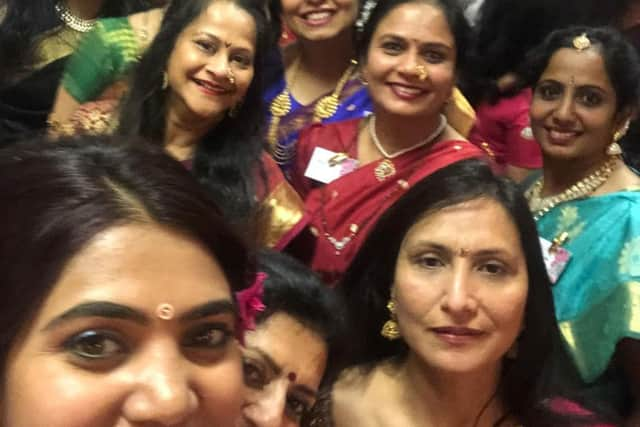

Feeling a total shift in culture, she made friends with other families with Indian heritage through Hindu Gujurati Temple and by volunteering at children centres in the area.
As she became an active influence in the community, she took over the role of manager at The Rainbow Nursery in Watling Street Road, Preston, and bought into it in 2015.
She says: “When I first started here, I could not get a job so I started volunteering at Sure Start in Preston and I started helping Asian families who had children with special needs. I also helped with translation and communication.
Advertisement
Hide AdAdvertisement
Hide Ad“I then worked at The Rainbow Nursery as manager from 2010 and bought it from the previous owner in 2015.”
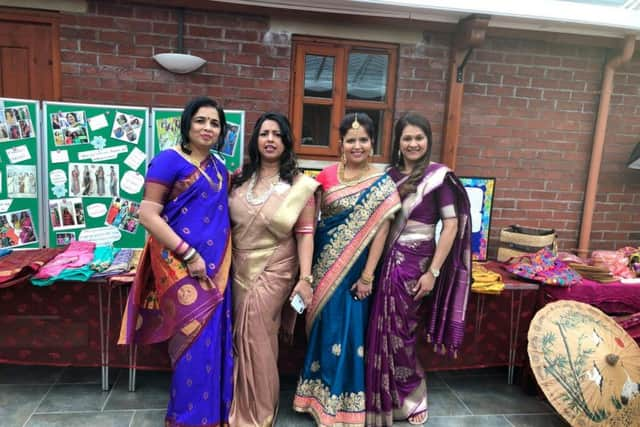

Barkha admits she does not often get chance to wear her saree, also known as a sari, and so revelled in it when she recently organised an event where women wear their traditional outfits and learnt about the history of the garment at Xavierian Mission Spirituality Centre in Fulwood.
She says: “To wear a saree in India is not a big deal, as women wear it every day. But not as many younger women are wearing them now as it is not practical for work.
“Here, in the UK, the saree is only worn on special occasions, but we want to show they can still be practical.
Advertisement
Hide AdAdvertisement
Hide Ad“So when we organised the event, women were keen to find their best saree or one which had the most emotional attachment, for example, a lady spoke of her pride about buying sarees for her daughter’s wedding and another woman spoke about being brought up wearing saree in Gujarati style and marrying a boy from Karnataka, where the saree is worn in a completely different fashion.
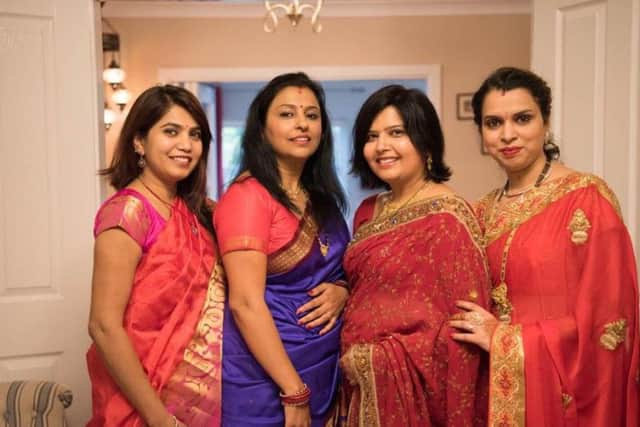

“During the evening, there were women who spoke about their fond memories of wearing a saree, their strong emotional attachment to it and their admiration for strong women in their lives who wore sarees and passed it on to them like mothers, mother-in-laws and grandmothers.
“One lady explained how the Navvari style of wearing saree evolved and the children and youngsters also talked about how they feel when they see their mother in a saree and how in the future they might consider wearing a saree.”
The evening also included a Bollywood dance tutorial, a fashion show and an Indian buffet dinner.
Advertisement
Hide AdAdvertisement
Hide AdBarkha adds: “I want to thank Father Cosmito who allowed us to use the venue for the event.”
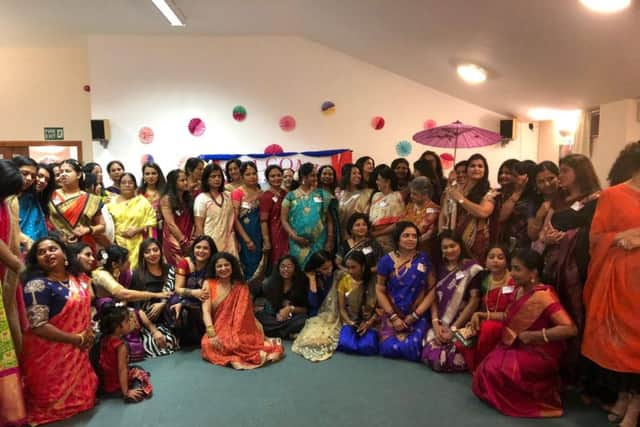

Like most women, Barkha says she feels more confident wearing her saree.
She says: “I feel really good and proud I am from a different country.
“I own more than 50 sarees but some of my friends have more than 500. They bring them from India when they go over to visit family.
Advertisement
Hide AdAdvertisement
Hide Ad“Some women can put a saree on in 10 minutes, while others are more fancy and can take two hours.
“You can wear a saree in so many different ways, for example you can wear it as a skirt or a dress.
“Elegance is the only beauty that never fades and saree is one of the most elegant of fashion garment across the globe. Let us celebrate this lovely garment today and every day.”
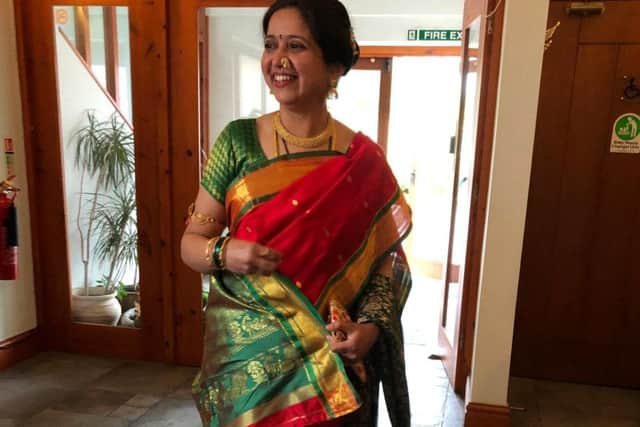

Barkha also describes the differences in the two cultures.
She says: “We do a lot of things over here that people in India couldn’t imagine. Women here do everything, We work, cook, clean, drive our children around. My husband works in London, so I do most of this on my own.
Advertisement
Hide AdAdvertisement
Hide Ad“In India, the extended family live nearer and are always around. And based on wealth, people in India are able to pay someone else to do the cooking and cleaning.
“I do miss the weather and the festivals which I am unable to celebrate over here as there are so many - one nearly every week.
“We tend to forget about them until we speak to family,
“Holi (a traditional Hindu festival which celebrates the beginning of spring as well as the triumph of good over evil) and Divali (festival of lights) are the big festivals we celebrate. We wait for the weekend as everyone is working otherwise and we get together with the community to celebrate. That is when we wear our sarees again.
“I have no family in Preston, I have one cousin in Croydon and the rest are in India.
“I visit India every year. I stay all summer with my daughter, Kairavi, 13. My husband also comes, but he can only spend a few weeks as he has to go back to work.”